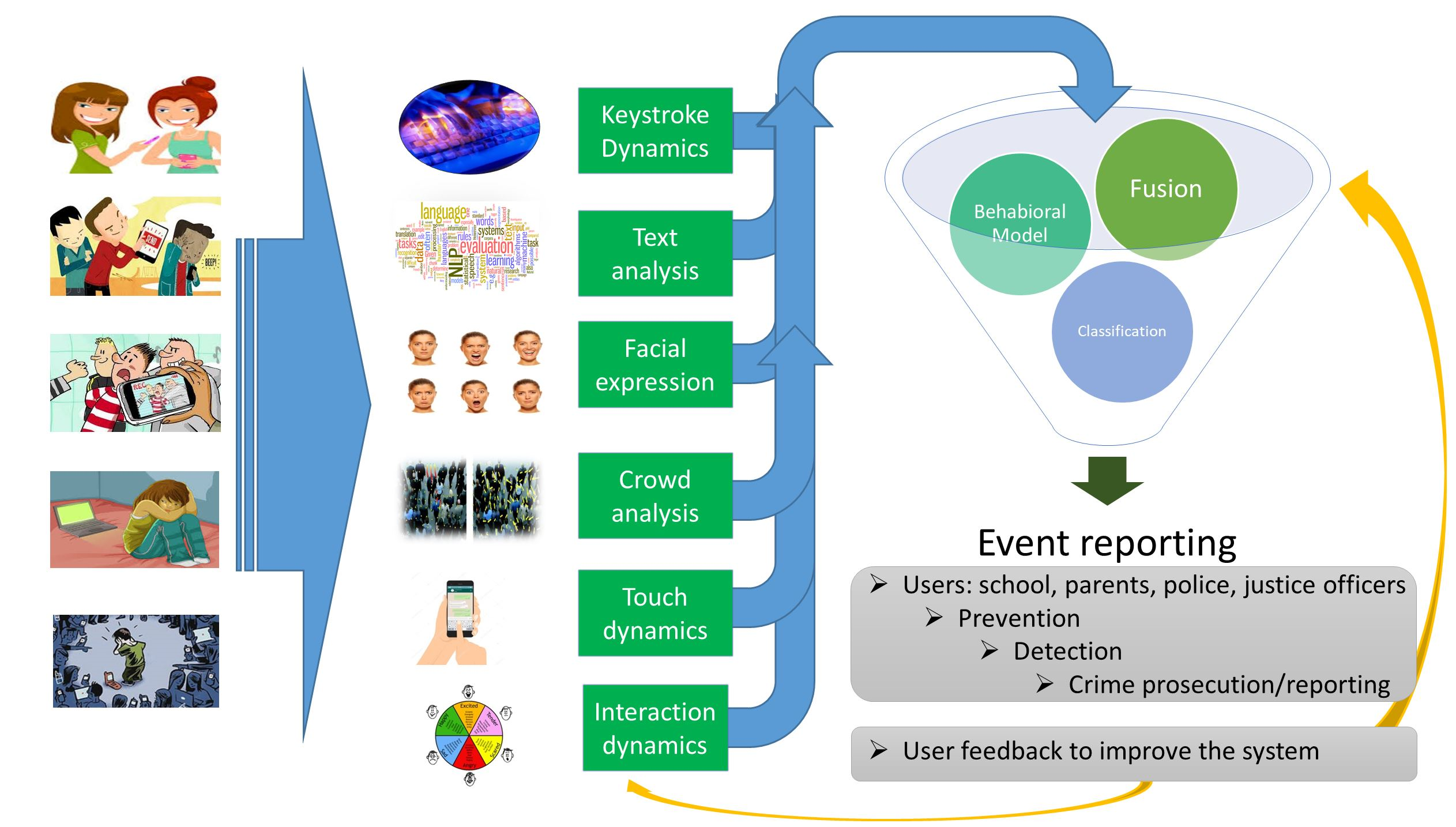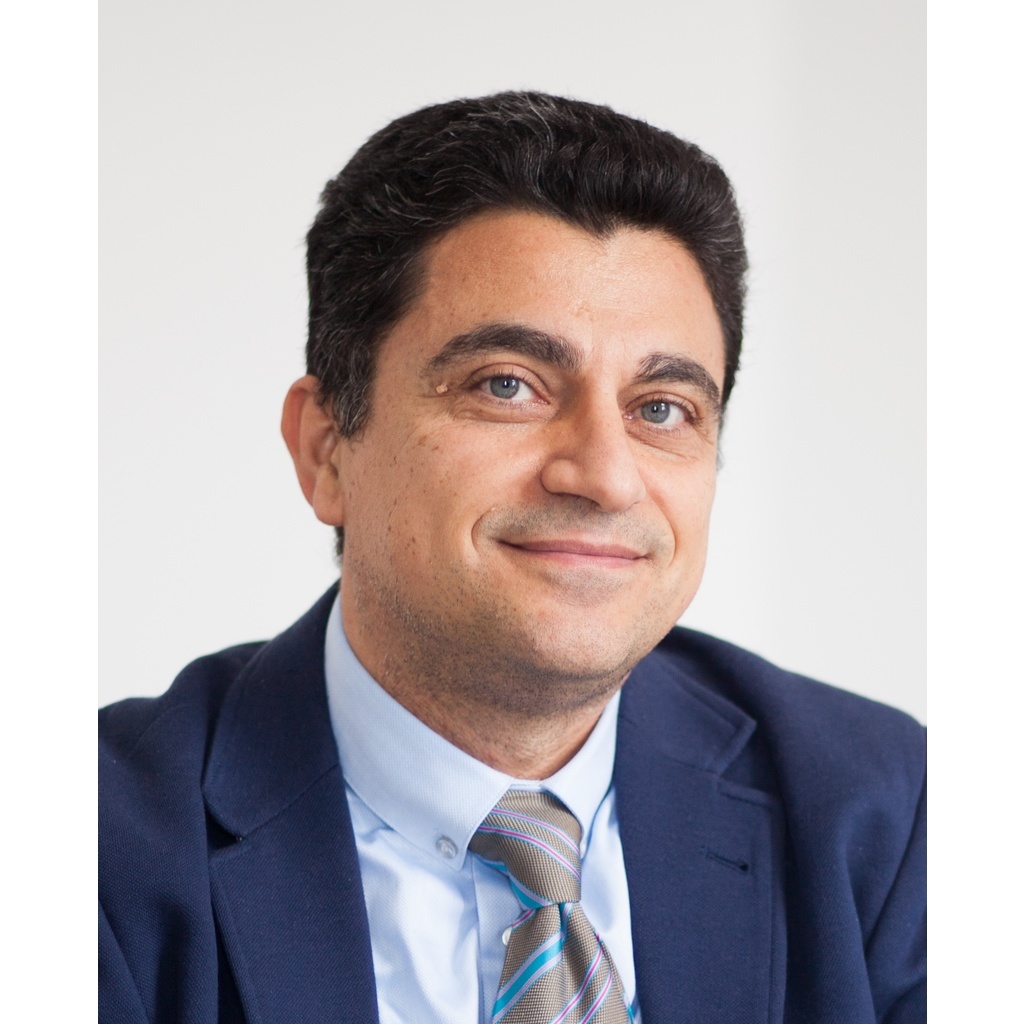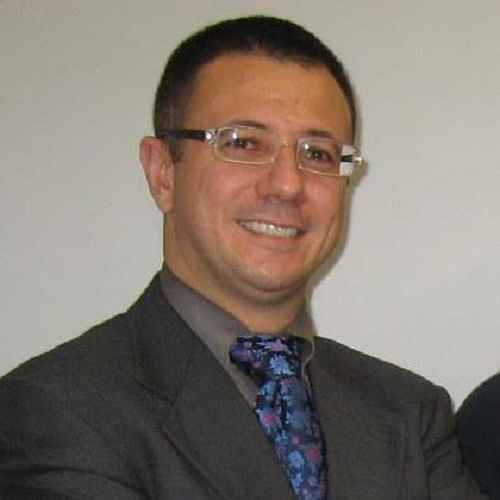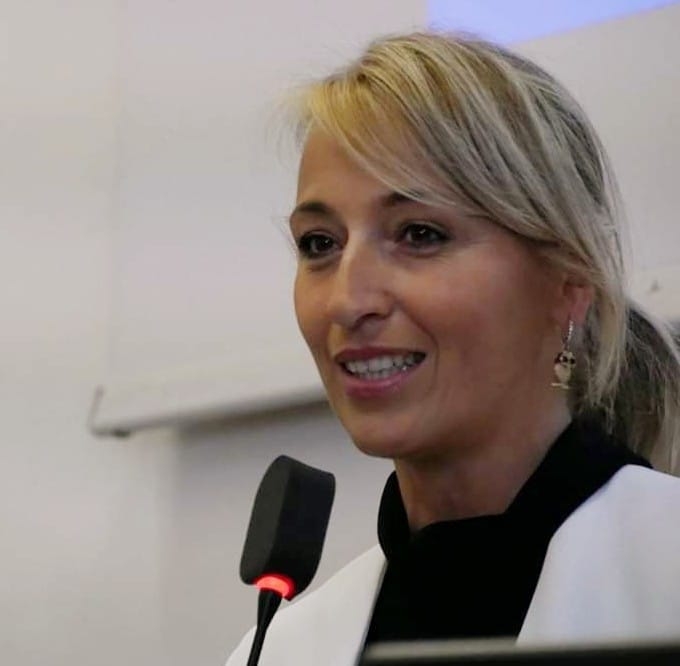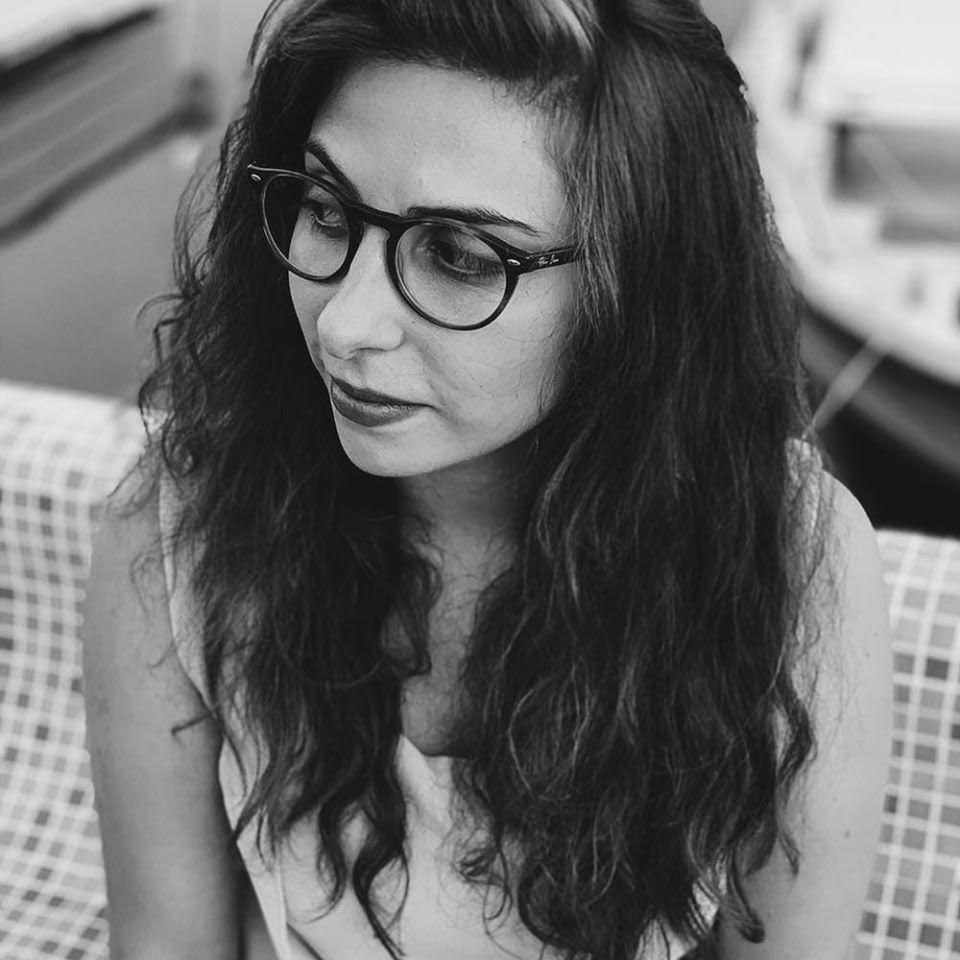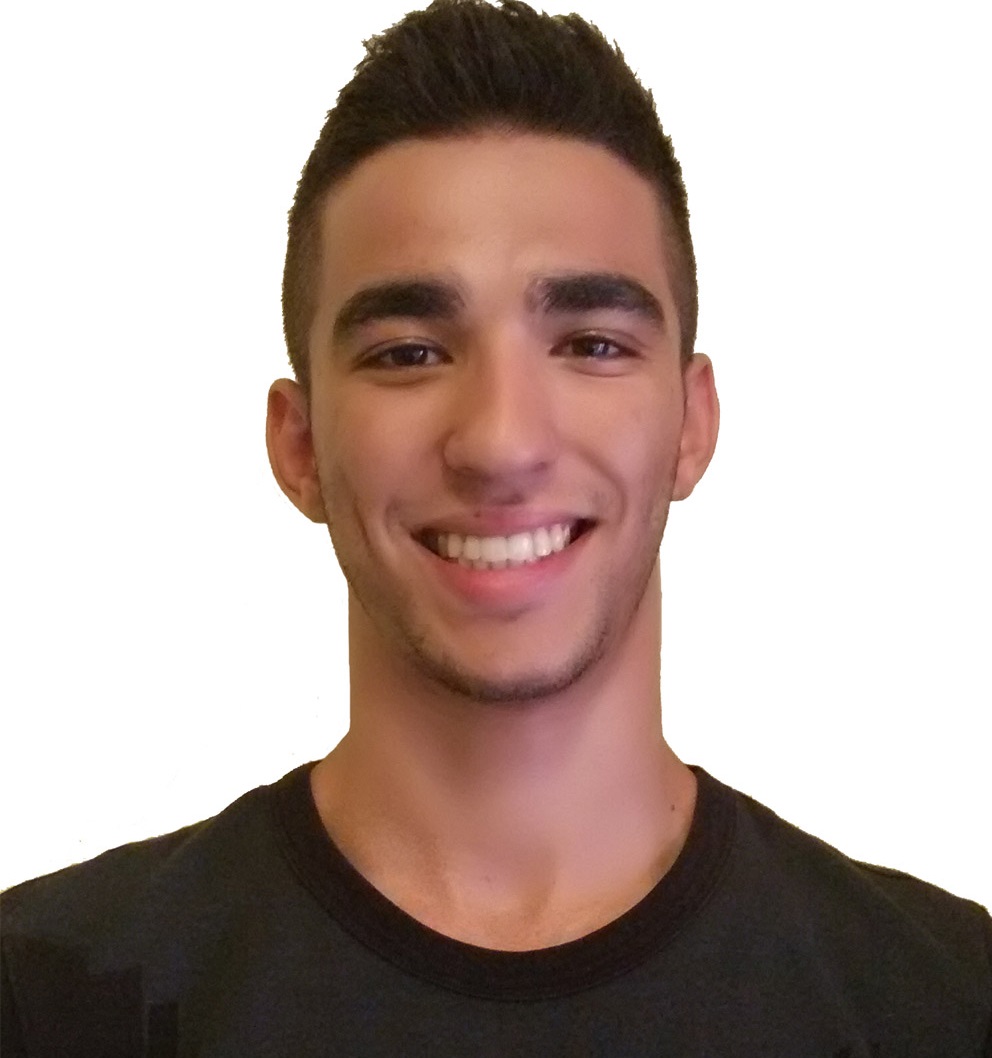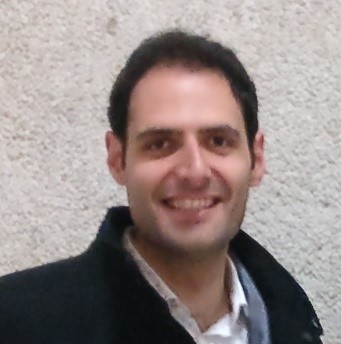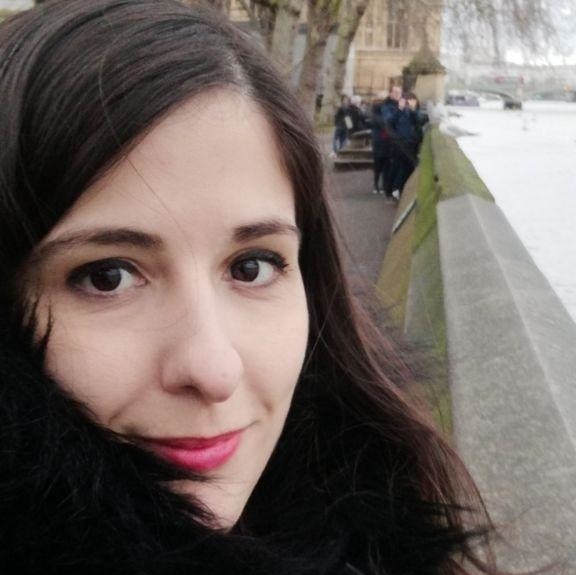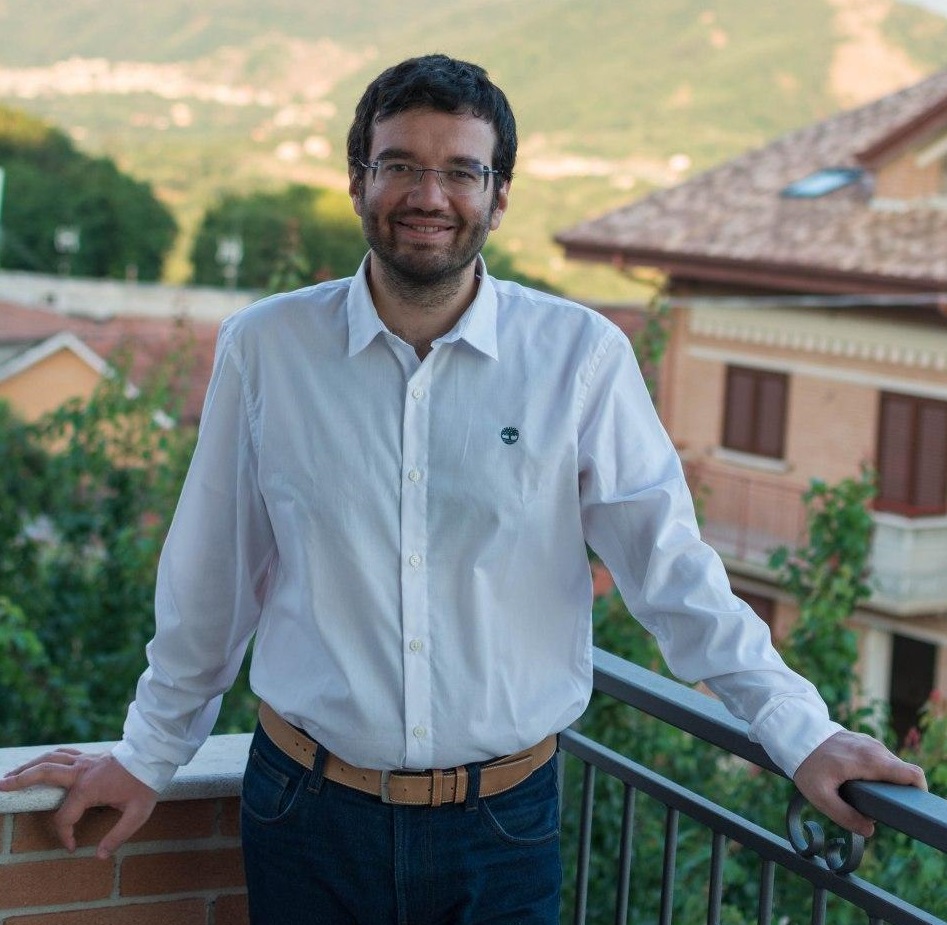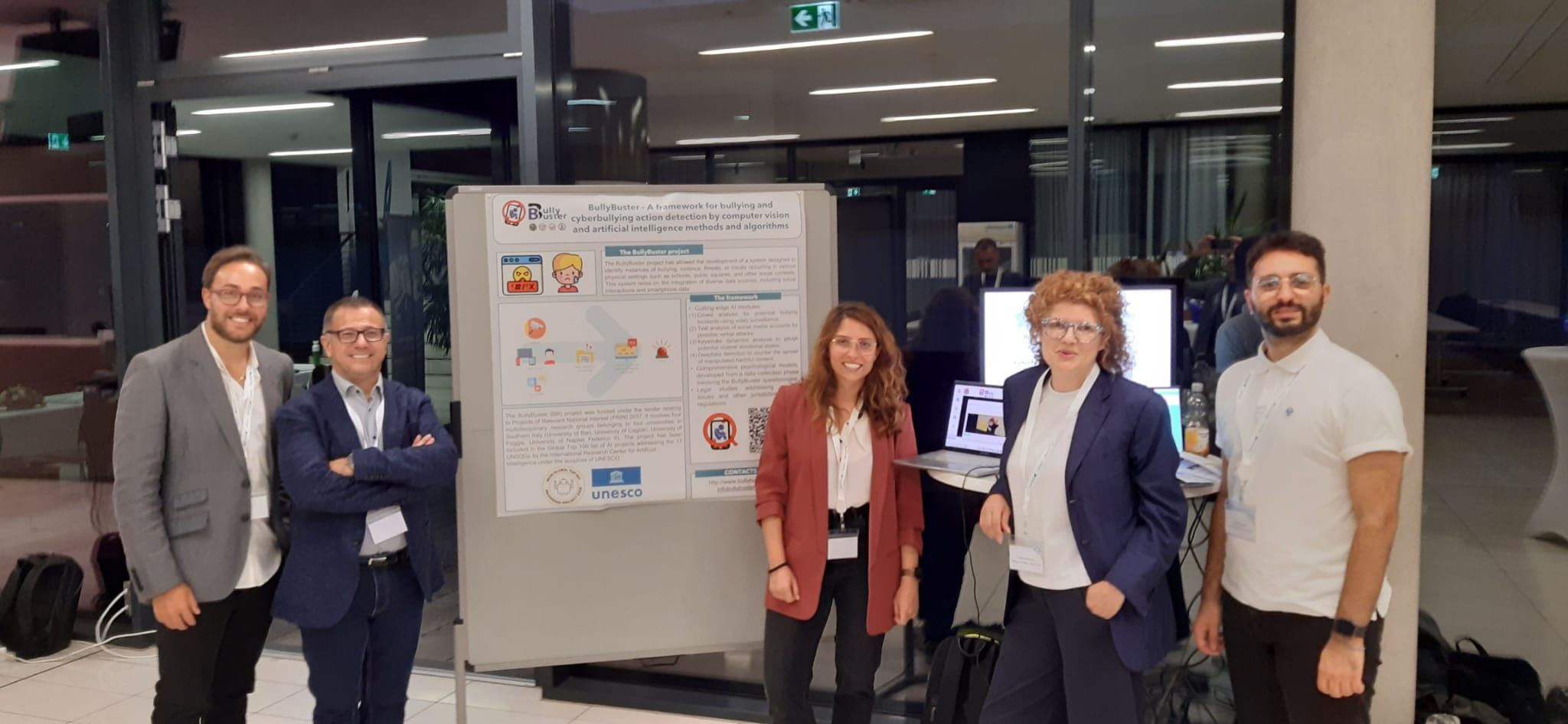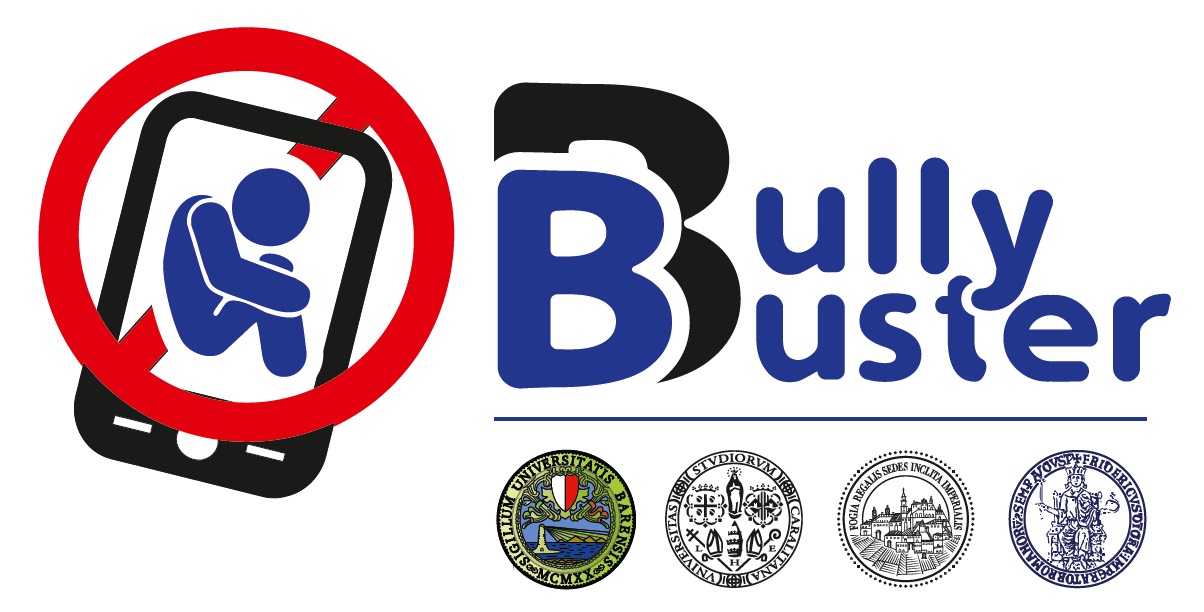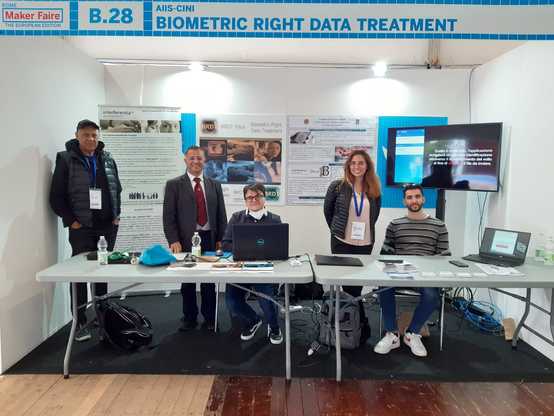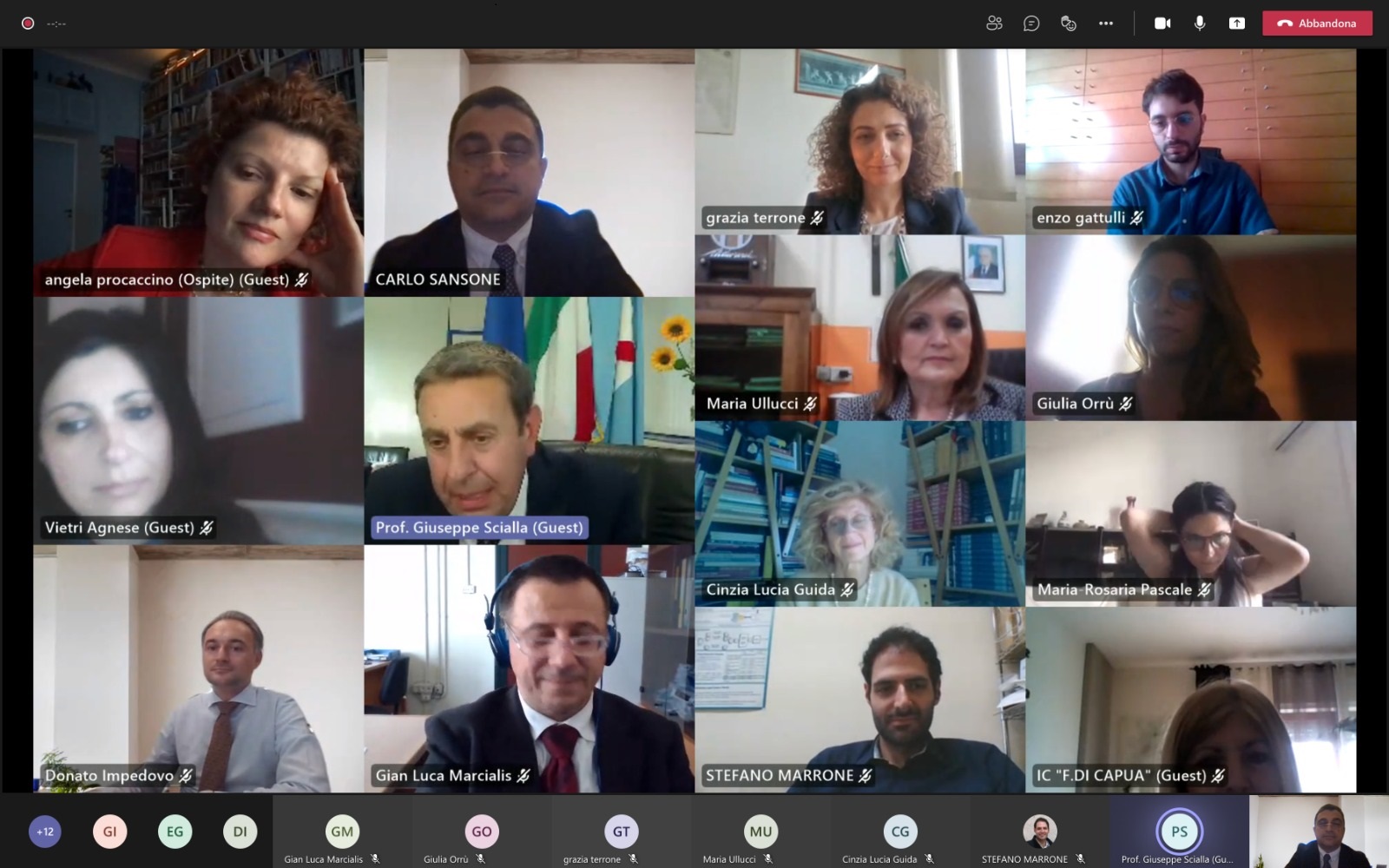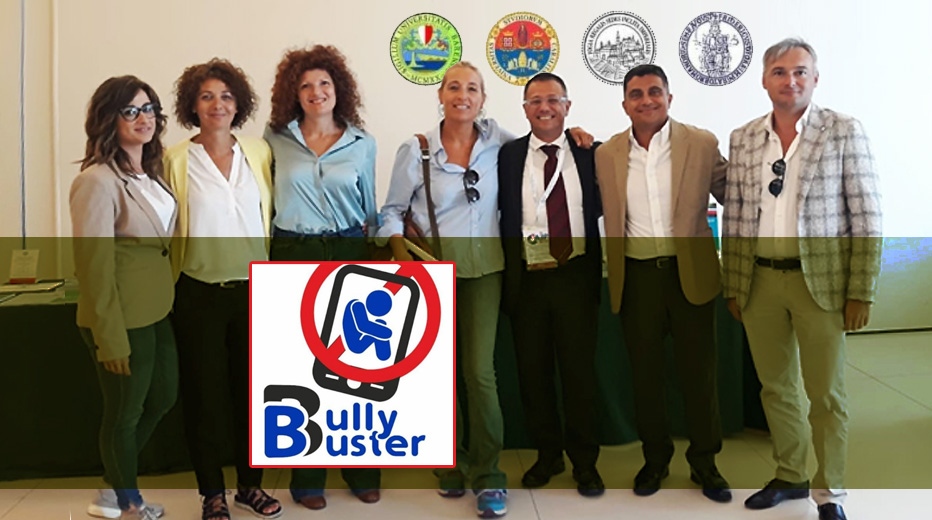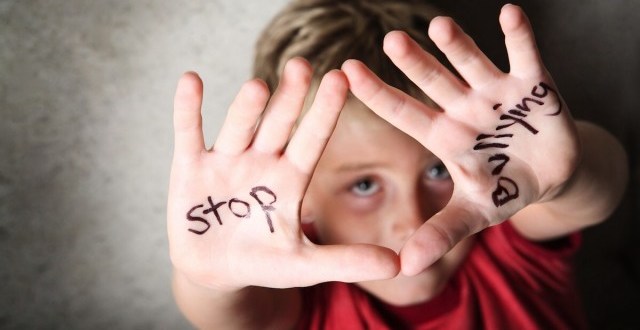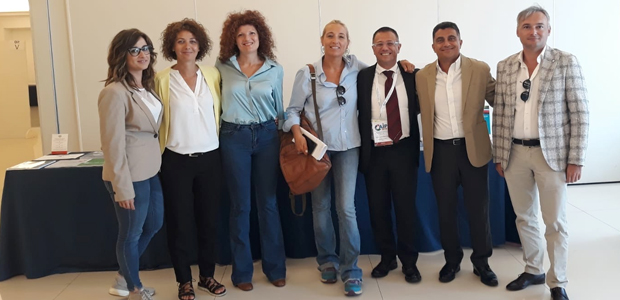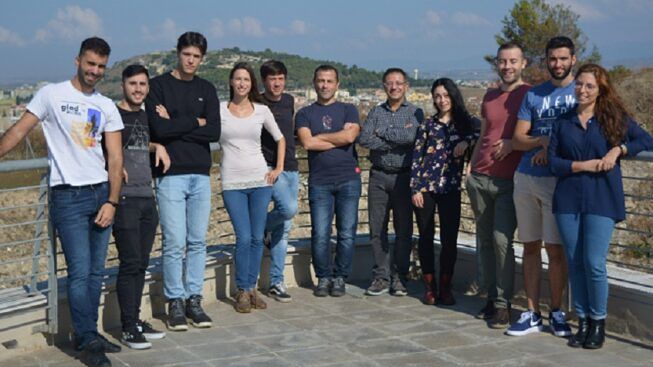[1] G. Orrù, G.L. Marcialis, F. Roli, A novel classification-selection approach for the self updating of template-based face recognition systems, Pattern Recognition, Elsevier, DOI: 10.1016/j.patcog.2019.107121, 100, 2019 (online), 2020 (hard).
[2] S. Marrone and C. Sansone, "Adversarial Perturbations Against Fingerprint Based Authentication Systems," 2019 International Conference on Biometrics (ICB), Crete, Greece, 2019, pp. 1-6.
[3] F. Balducci, B.N. De Carolis, D. Impedovo, G. Pirlo. Touch dynamics for affective states recognition: your smartphone knows how you feel since you unlock it. In. proc. of the Workshop Socio-Affective Technologies: an interdisciplinary approach co-located with IEEE SMC 2019 (Systems, Man and Cybernetics), pp. 22-26, Bari, Italy, October 7th, 2019.
[4] F. Balducci, D. Impedovo, N. Macchiarulo, G. Pirlo, "Affective states recognition through touch dynamics", in Multimedia Tools and Applications (2020). https://doi.org/10.1007/s11042-020-09146-4
[5] N. Convertini, V. Dentamaro, D. Impedovo, G. Pirlo, L. Sarcinella, "Controlled Benchmark of Video Violence Detection Techniques", in Information (2020), 11, 321. https://doi.org/10.3390/info11060321
[6] A. Schimmenti, A. Musetti, A. Costanzo, G. Terrone, N. R. Maganuco, C. A. Rinella, A. M. Gervasi, (2019) "The Unfabulous Four: Maladaptive Personality Functioning, Insecure Attachment, Dissociative Experiences, and Problematic Internet Use Among Young Adults". International Journal of Mental Health and Addiction, https://doi.org/10.1007/s11469-019-00079-0
[7] G. Orrù, M. Micheletto, J. Fierrez, G. L. Marcialis, “Are Adaptive Face Recognition Systems still Necessary?”, 2020 Fourth IEEE International Conference on Image Processing, Applications and Systems (IPAS 2020), doi: 10.1109/IPAS50080.2020.9334946, in press (Publication and Video).
[8] G. Orrù, D. Ghiani, M. Pintor, G.L. Marcialis, F. Roli, “Detecting Anomalies from Video-Sequences: a Novel Descriptor” 2020 25th International Conference on Pattern Recognition (ICPR 2020), doi: 10.1109/ICPR48806.2021.9412855., Milan, in press (Publication).
[9] C. Sansone, G. Sperlì, “A Survey About the Cyberbullying Problem on Social Media by Using Machine Learning Approaches” 2020 25th International Conference on Pattern Recognition (ICPR 2020), Milan, in press (Publication).
[10] G. Orrù, S. Concas, G.L. Marcialis and F. Roli, “Deepfake analysis and detection using quality measures" 2021 GTTI Online Workshop “Deep Signal Processing for a safer world”, June 17, 2021.
[11] G. Terrone, A. Gori, E. Topino, A. Musetti, A. Scarinci, C. Guccione, V. Caretti, The Link between Attachment and Gambling/Internet Addiction in Adolescence: A Multiple Mediation Analysis with Developmental Perspective, Theory of Mind (Friend) and Adaptive Response, Journal Personalized Medicine, vol. 11, no. 3, 2021; https://doi.org/10.3390/jpm11030228.
[12] G. Abbattista, D. Impedovo, G. Pirlo, L. Sarcinella, N. Stigliano, Identifying anomalous places and routes by GPS feature: a system for child monitoring, Proceedings of the Italian Conference on Cybersecurity (ITASEC 2021); https://ceur-ws.org/Vol-2940/paper7.pdf.
[13] S. Concas, S. M. La Cava, G. Orrù, C. Cuccu, J. Gao, X. Feng, G. L. Marcialis, F. Roli, Analysis of Score-Level Fusion Rules for Deepfake Detection, Applied Sciences, vol. 12, no. 15, 2022; https://doi.org/10.3390/ app12157365.
[14] D. Impedovo, A. Longo, T. Palmisano, L. Sarcinella, D. Veneto, An investigation on voice mimicry attacks to a speaker recognition system, Proceedings of the Italian Conference on Cybersecurity (ITASEC 2022); https://ceur-ws.org/Vol-3260/paper8.pdf
[15] S. Concas, J. Gao, C. Cuccu, G. Orrù, X. Feng, G. L. Marcialis, G. Puglisi, F. Roli, Experimental Results on Multi-modal Deepfake Detection, International Conference on Image Analysis and Processing, 2022; https://doi.org/10.1007/978-3-031-06430-2_14.
[16] S. Concas, G. Perelli, G. L. Marcialis, G. Puglisi, Tensor-Based Deepfake Detection In Scaled And Compressed Images, IEEE International Conference on Image Processing (ICIP), 2022; https://doi.org/10.1109/ICIP46576.2022.9897606
[17] V. Gattulli, D. Impedovo, G. Pirlo and L. Sarcinella, Cyber Aggression and Cyberbullying Identification on Social Networks, ICPRAM (2022); https://doi.org/10.5220/0010877600003122.
[18] B. De Carolis, V. Gattulli, D. Impedovo, G. Pirlo, WanDa: A Mobile Application to Prevent Wandering, WIVACE 2022; https://doi.org/10.1007/978-3-031-31183-3_19.
[19] V. Dentamaro, V. Gattulli, P. Giglio, D. Impedovo, G. Pirlo, Human Description in The Wild: Description of the scene with Ensembles of AI Models, S+SSPR 2022; https://doi.org/10.1007/978-3-031-23028-8_32.
[20] G. Orrù, A. Galli, V. Gattulli, M. Gravina, S. Marrone, M. Micheletto, A. Procaccino, W. Nocerino, G. Terrone, D. Curtotti, D. Impedovo, G. L. Marcialis, C. Sansone, Leveraging Artificial Intelligence to Fight (Cyber) Bullying for Human Well-being: The BullyBuster Project, Ital-IA 2023: 3rd National Conference on Artificial Intelligence, organized by CINI, 2023; https://ceur-ws.org/Vol-3486/83.pdf
[21] G. Orrù, A. Galli, V. Gattulli, M. Gravina, M. Micheletto, S. Marrone, W. Nocerino, A. Procaccino, G. Terrone, D. Curtotti, D. Impedovo, G. L. Marcialis, C. Sansone, Development of Technologies for the Detection of (Cyber)Bullying Actions: The BullyBuster Project, Information, vol. 14, no. 8, 2023; https://doi.org/10.3390/info14080430.
[22] V. Gattulli, D. Impedovo and L. Sarcinella, Anomaly Detection using smartphone sensors for a Bullying Detection app, WAITT 2023;
[23] V. Gattulli, D. Impedovo, T. Palmisano and L. Sarcinella, Fixed Tasks for continuous authentication via smartphone, ICPRAM 2023; https://doi.org/10.5220/0011718300003411.
[24] V. Gattulli, D. Impedovo, G. Pirlo and L. Sarcinella, Human Activity Recognition for the Identification of Bullying and Cyberbullying Using Smartphone Sensors, Electronics, 2023; https://doi.org/10.3390/electronics12020261.
[25] G. Orrù, E. Porcedda, S. M. La Cava, R. Casula, G. L. Marcialis, Human-centered evaluation of anomalous events detection in crowded environments, 2023 International Conference of the Biometrics Special Interest Group (BIOSIG), Darmstadt, Germany, 2023.
[26] J. Gao, S. Concas, G. Orrù, X. Feng, G. L. Marcialis, F. Roli, Generalized Deepfake Detection Algorithm based on Inconsistency between Inner and Outer Faces, International Workshop on Recent Advances in Digital Security: Biometrics and Forensics (BioFor 2023).

